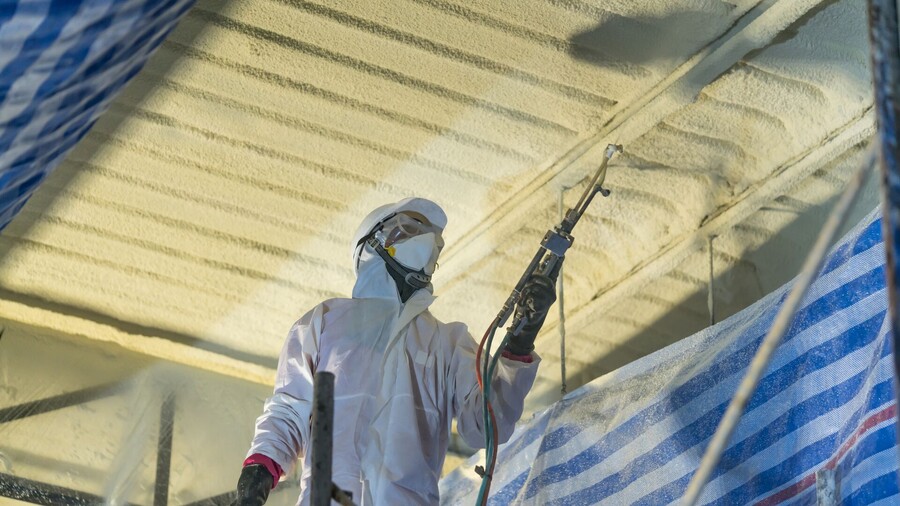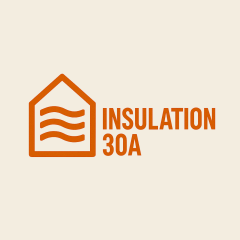Spray Foam Insulation Services
Save on Energy Bills With Expert Foam
Over 7 Years of Experience - Get Your Free Estimate

Spray foam Insulation is an economical and effective method of insulating any building. Insulation 30A specializes in the application of spray foam insulation. Spray foam insulation creates a tight building. It will seal your structure against drafts and moisture and is the fastest way to experience a reduction in energy consumption. Spray foam is uniquely qualified to get into those tight spaces to properly seal a building, places humans can't access such as attic crawl spaces.
First Time Customer Promotion
New Customers Save 10% On Spray Foam Insulation Services
expires 01/31/2026
Call for a FREE Quote
❝Top-notch!❞
★★★★★ - "Mike and his team are top-notch. He lives by his motto and cares about the service he provides, and does an excellent job. His prices are reasonable, and they show up when expected. The staff is knowledgeable and answers all questions in-depth with a positive, friendly attitude. I would recommend Mike and his company to anyone looking for a spray foam contractor."

Christine V.
_304x360.jpg) Is Spray Foam Insulation Expensive?
Is Spray Foam Insulation Expensive?
Though the initial investment to apply spray foam to insulate your home or building is more expensive than cellulose or fiberglass insulation, over time, it tends to pay you back in terms of the longevity of the product and the insulative properties that it provides. There are so many more added benefits to spray foam insulation compared to other types.
Benefits of Polyurethane Spray Foam Insulation
- Adds strength and support to the building structure
- Prevents sagging over time
- Saves energy
- Reduces heating and cooling costs
- Seals buildings from air and moisture
- Protects residents from mold, airborne pollutants, and allergens
- Improves air quality
What Type of Spray Foam is Best for My Property?
There are two types of spray foam insulation; open-cell and closed-cell spray foam. They both have their uses and merits. In general, you don't want to use open-cell insulation below ground level, as it doesn't provide a strong enough barrier against water. However, open-cell insulation is far less expensive and does have excellent insulation properties. Most consumers us a combination of the two.



